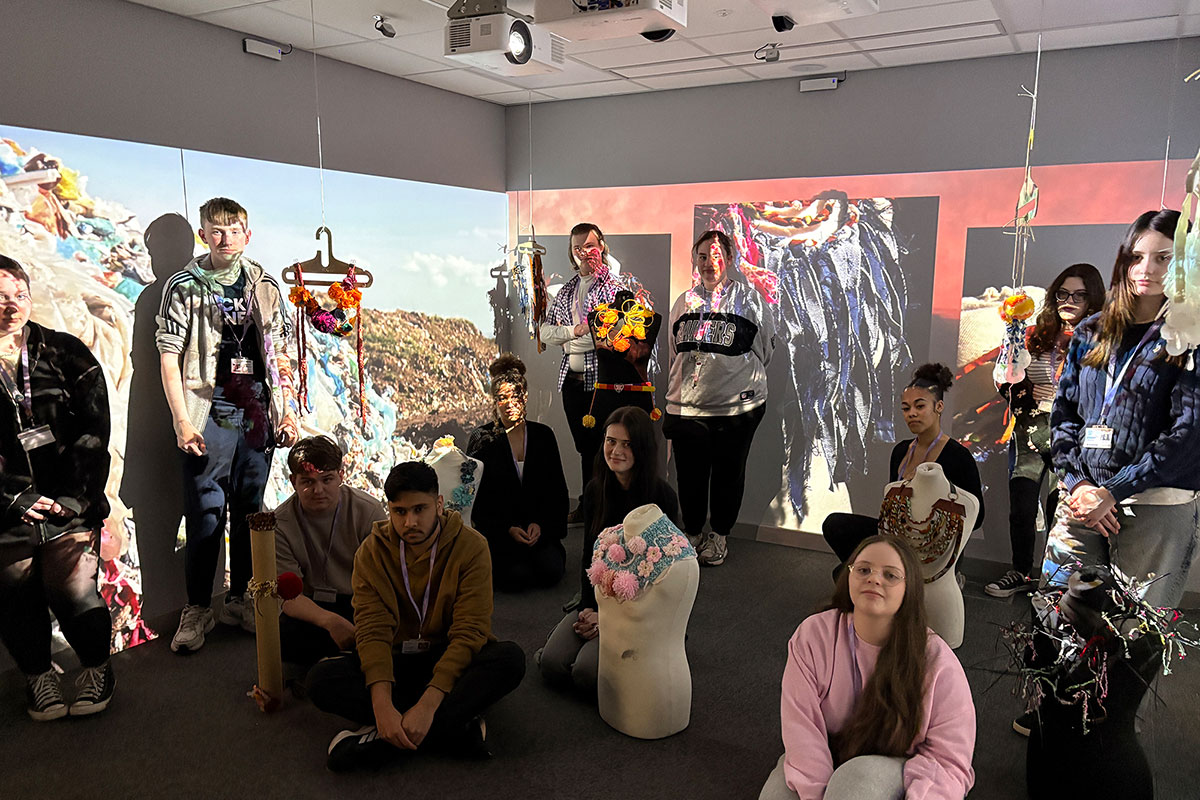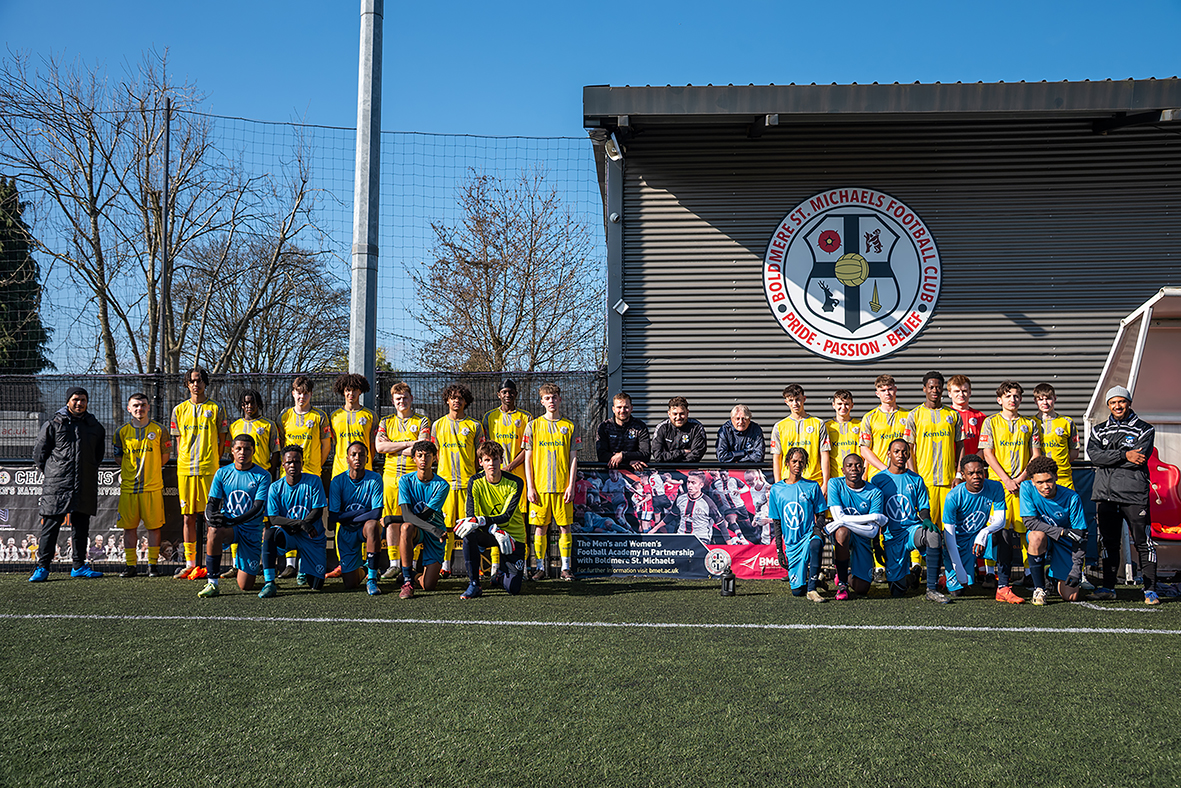OfS sets out its vision for the next five years with new strategy proposals

Today, the Office for Students (OfS) publishes proposals for a new strategy for 2025-30 that sets out a sharper purpose for the regulator: it will ensure that students from all backgrounds benefit from high quality higher education, delivered by a diverse, sustainable sector that continues to improve.
The proposed strategy prioritises quality, the wider student interest, and sector resilience in an uncertain and challenging environment. Equality of opportunity underpins each of these priorities.
The strategy represents a bold and urgent agenda for change that will guide the OfS’s activities as a regulator over the next five years. It also charts a course for reform of the higher education sector as it continues to make its important contributions to growth and opportunity.
The strategy includes the transformation of the OfS’s approach to regulating quality, with the development of an integrated approach that drives continuous improvement across the sector. It seeks to strengthen the OfS’s role as a champion of the student interest, by ensuring students are treated fairly. And it aims to support the financial resilience of the higher education sector, working in partnership with institutions with a renewed focus on effective governance.
In developing the strategy, the OfS sought the views of current, prospective, and former students, as well university and college staff from across the country. It explains how the OfS will reform as a regulator, building on recommendations from OfS interim chair Sir David Behan’s Public Bodies Review of the OfS. A consultation on the strategy will run from 12 December 2024 to 20 February 2025.
The strategy sets out three priorities and six goals that will help the OfS – in collaboration with students, universities and colleges, and government – to secure positive experiences of higher education for students:
Quality
- Students receive a high quality education that has a significant and enduring positive impact on their lives and careers, delivered by institutions that continue to improve the quality of their courses.
- Prospective students have a range of high quality options and are well equipped to exercise informed choice about what, where, when and how they study.
The wider student experience
- Students receive the higher education experiences they were promised.
- Students benefit from rich and rewarding wider environments that help them to make the most of their time in higher education.
Sector resilience
- A financially resilient sector delivers high quality higher education and student choice in the context of constrained finances.
- Effectively governed institutions successfully navigate an environment of increased financial and strategic risk, enabling students to reap the benefits of higher education while giving taxpayers confidence that public funding is used appropriately.
In a statement on the consultation document interim chair of the OfS Sir David Behan said:
‘The higher education sector is facing a period of significant change. It’s therefore important that we are confident and agile in our work to protect the interests of students and help universities and colleges continue to power growth and drive opportunity.
‘We’ve identified three areas of strategic priority: quality, the wider student interest, and sector resilience. Underpinning these is the aim that anyone with the ability and desire to pursue higher education should have the opportunity to access the life-changing benefits it can bring.
‘To deliver these ambitious proposals, the OfS must change as a regulator. The student interest is not fixed, and as students’ priorities change it is incumbent on us to continue to listen and learn, as we embed their perspectives in our work.’
Also commenting, OfS chief executive Susan Lapworth said:
‘Our proposals have been driven by what we heard from students and colleagues working in institutions across the sector about their priorities and concerns for the future of higher education. Students told us about the challenges they face and what they need from their institution to maximise the benefits from their education, now and over the longer term. They talked about the importance of being treated fairly.
‘We’ve also thought hard about how the OfS needs to develop as a regulator, identifying what is working and what needs to change. The recommendations of the recent OfS Public Bodies Review set a pathway towards a bold and flexible approach, and underscore the need to work at pace at a challenging time for the sector.
‘In the strategy we explain our purpose, our three priorities – quality, the wider student interest, and sector resilience – and the thinking that lies behind them. We‘re keen to hear from students, students’ unions, the universities and colleges we regulate, and anyone else with an interest in higher education, as we take this work forward.’
The OfS will be running a series of webinars for students, students’ unions, universities, colleges, and others interested in this work to hear their views and support their responses to the consultation.











Responses